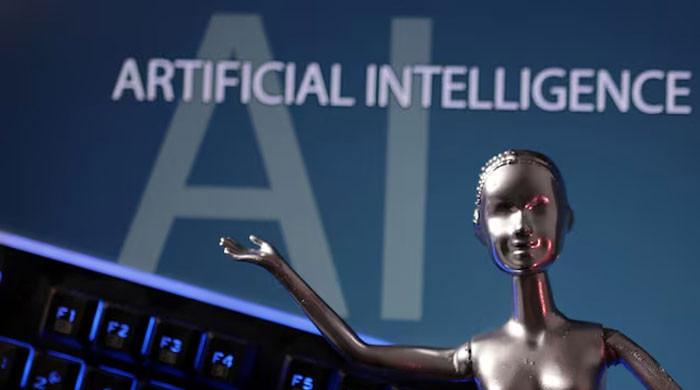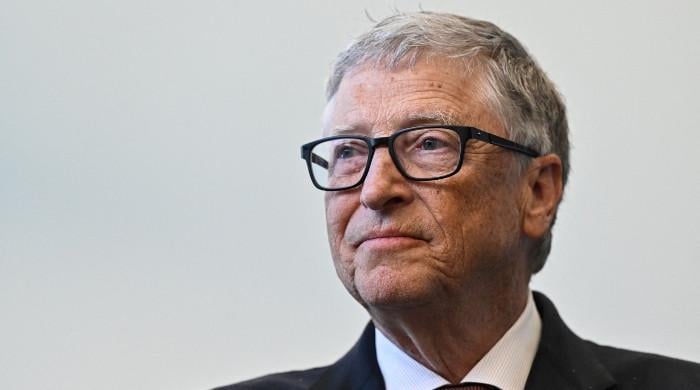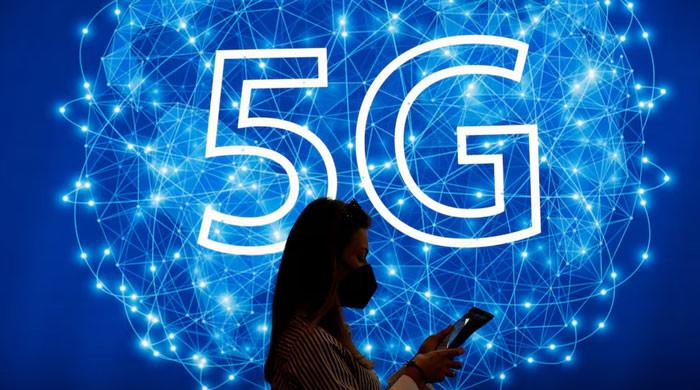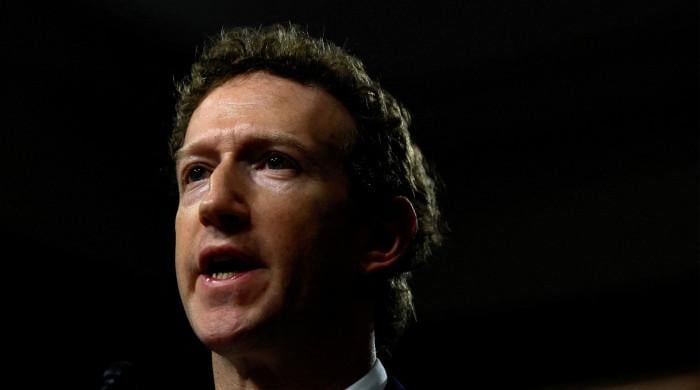Pakistan not far behind in tech revolution: Masood Khan
"Total tech startup turnover in the last fiscal year was $3 billion," notes ambassador
November 03, 2023
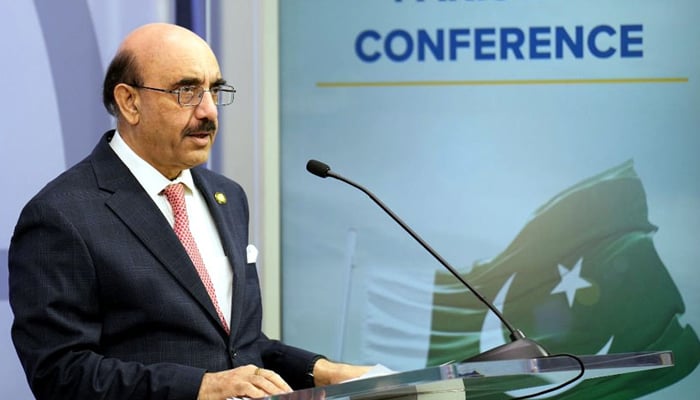
Pakistan's Ambassador to the United States Masood Khan has said that the South Asian nation was not far behind in the tech revolution, stressing that Islamabad had opened new doors for foreign investment in IT, energy, agriculture, mining, and defense production.
The ambassador, in his address during a two-day conference on ‘Resilience and Reform in Pakistan’ organised by the think tank South Asia Centre, said tech startups in Pakistan were seeing a dramatic rise.
From a meagre $10 million venture capital funding in 2018 per year, global VCs and other investors are pouring in $1 billion annually now, the seasoned diplomat told the event's participants.
"Total tech startup turnover in the last fiscal year was $3 billion, whereas, e-commerce in Pakistan earned about $6 billion."
"This is just the beginning. Pakistan is not far behind in the tech revolution that has taken off in South East Asia, Middle East, and North Africa. The gap is now closing. Pakistan is catching up," he observed.
He attributed the change to digitisation of the economy, e-commerce, and improved supply chains, noting that tech startups have particularly been successful in fintech, retail, pharmacy, diagnostics, telemedicine, education, groceries, and transportation.
“We are vigorously pursuing institutional reforms for macroeconomic stability, social development, fiscal discipline, absorption of external shocks and improvement in business climate,” the ambassador said.
He noted that Pakistan was also streamlining its tax system to make it broad-based and equitable in order to finance human development, infrastructure development, and climate resilience.
“Overarching reforms being undertaken aim to unlock ease of doing business, enforce intellectual property rights, ensure stable payment cycles and accelerate capital formation,” he said.
“We will stay the course,” predicted the ambassador.







